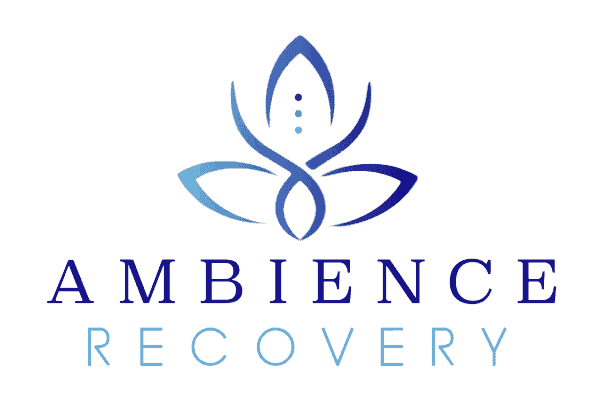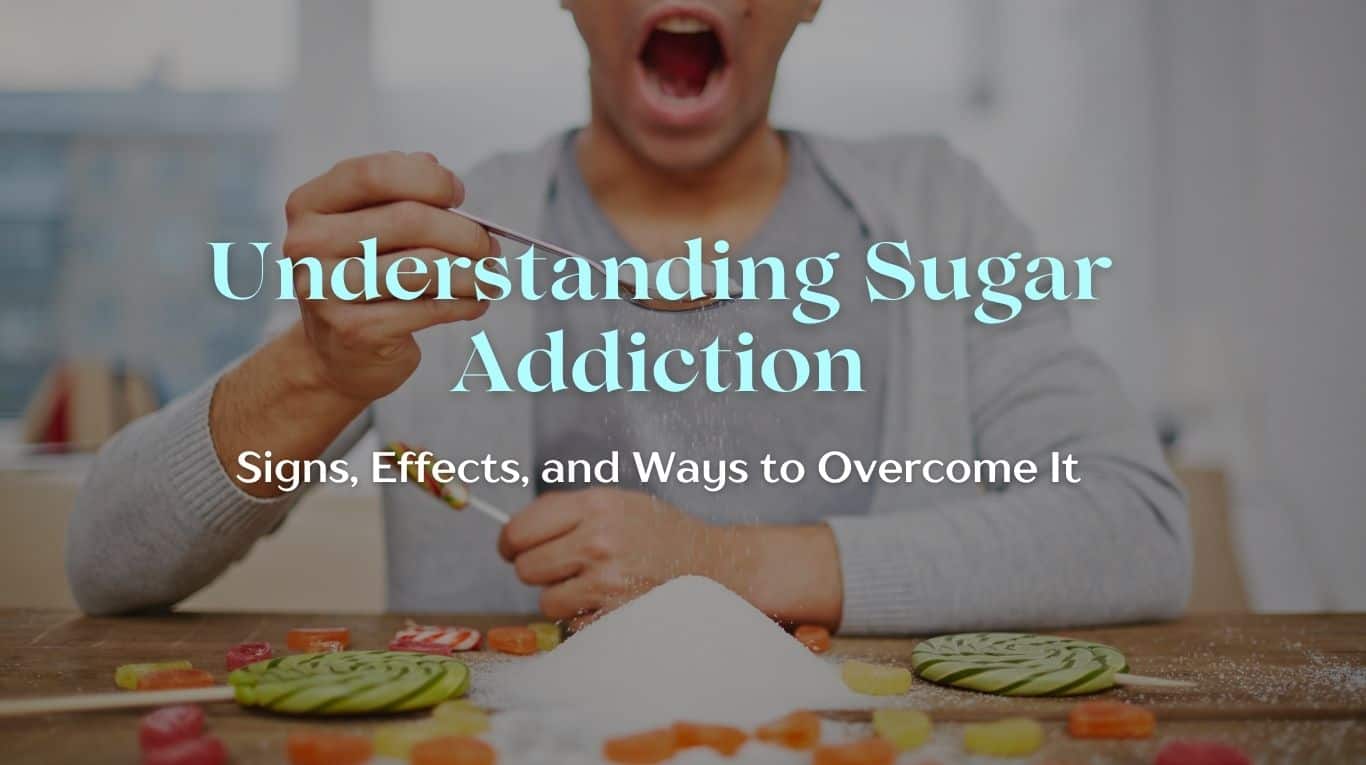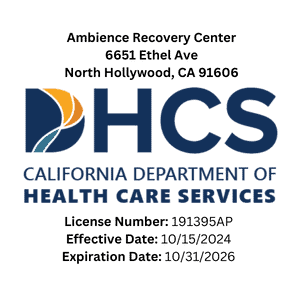A shocking study published in the British Journal of Sports Medicine shows that like sugar, many other foods contribute to health issues. It impacts the brain just like some illegal drugs, such as cocaine1. Sugar addiction and its health effects are becoming a major concern. and its harmful side effects are becoming hot topics for discussion. With sugar intake almost three times higher than recommended, the search for effective treatments is urgent.
Research links high sugar consumption, especially in kids, to serious health problems. These include weight gain and heart disease1. Studies reveal sugar affects our brain’s dopamine levels, similar to hard drugs. This explains the intense cravings and pleasure. People withdrawing from sugar even report depression-like symptoms, highlighting our complex sugar relationship1.
Key Takeaways
- Sugar can impact the brain similarly to cocaine, stirring serious considerations about sugar addiction1.
- Excessive sugar consumption is a growing health issue, far exceeding nutritional guidelines1.
- The effects of sugar on the body, including weight gain and elevated risks of chronic diseases, are well-documented1.
- Sugar addiction treatment strategies are becoming more relevant as comparisons to drug addiction emerge1.
- Understanding sugar addiction could pave the way for better mental health and dietary choices1.
- Despite its pervasive presence, sugar offers little nutritional value and poses considerable health threats when overconsumed1.
The Science Behind Sugar Addiction
Sugar addiction’s study shows its big impact on us. It’s similar to drug addiction and affects our food choices. This is why cutting down on sugar is hard for many.
Investigating Sugar’s Drug-like Effects on the Brain
Sugar activates the brain’s pleasure areas, just like some drugs do. Eating sugar causes a dopamine surge, matching the drug effect. This powerful effect makes our normal eating control fail, pushing us to eat more. This reveals why cutting out sugar from our diets is key to beat these cravings.
Understanding the Absence of Sugar Aversion Signals
Normally, eating bad stuff makes us uneasy, but sugar misses this signal. This leads us to eat too much sugar. Even more than what’s deemed okay, which is 6 to 9 teaspoons daily, says the American Heart Association2.
Exploring Sugar’s Impact on Dopamine Levels
Too much sugar changes how dopamine works in our brains. This change can cause withdrawal and mimic addiction signs like depression. Knowing about these changes helps tackle sugar’s big effects on health.
The science of sugar addiction, particularly in the context of food addiction, involves neurochemistry and health. Look at the gap between suggested and actual sugar intake:
| Group | Recommended Sugar Intake | Actual Average Intake |
|---|---|---|
| Women | 6 teaspoons (100 calories) | 19 teaspoons (285 calories) |
| Men | 9 teaspoons (150 calories)2 | 19 teaspoons (285 calories)2 |
Understanding sugar’s role helps fight cravings and leads to healthier eating. A no-sugar diet is a good way to fight sugar’s bad effects. It also helps with withdrawal and boosts our health3.
The Physical and Emotional Effects of Sugar on the Body
Eating too much sugar can seriously affect your health and feelings. If you eat a lot of sugar, you could be twice as likely to get deadly heart issues4. This problem comes from sugar causing inflammation in the arteries. That can lead to heart disease, strokes, and heart attacks4.
Too much sugar can also make you feel sad or depressed. Experts say cutting back on sugar is a good way to fight depression4. Eating less sugar is a key step to feeling better and staying healthy in the long run.
Sugar affects your brain just like drugs do. Eating sugar too often can change how your brain works, making you crave more5.
Trying to quit sugar can make you anxious and depressed. It can also cause headaches, nausea, chills, and strong cravings. These make quitting sugar hard without help4.
| Impact | Physical Symptoms | Emotional Symptoms |
|---|---|---|
| Short-term Sugar Consumption | Headaches, irritability | Mood elevation followed by rapid decline |
| Long-term Sugar Consumption | Weight gain, increased risk of chronic diseases | Increased risk of depression, dependency symptoms similar to drug addiction |
To beat sugar addiction, you need a plan. This plan should include advice from health experts, support from others, and ways to cut down on sugar. This approach helps you get healthy and stay emotionally strong.
Debunking Myths: Is Sugar Truly Comparable to Illicit Drugs?
The debate around sugar’s impact on health continues to be a hot topic. It’s often compared with illicit drug dependencies. People question if sugar can cause reactions like drug addiction. We’ll look into the biological and behavioral parallels between eating sugar and drug abuse. We’ll also see if these comparisons make sense.
Analysing the Opposition to Sugar Addiction Claims
Rodent studies often back the idea that sugar might be more addictive than drugs like cocaine. Yet, these studies show that rodents only turn addictive under certain conditions such as limited sugar access6. This hints that sugar acts on the brain’s reward system like cocaine does, leading to intermittent sugar access. But the setting in which sugar is consumed is key6. Unlike cocaine, sugar gives essential energy, making their impacts on health different6.
Experts like Tom Sanders have spoken against calling sugar a drug. He believes the comparisons are too stretched. Sanders notes that people don’t face tough withdrawal symptoms from sugar like they do from drugs like heroin or cocaine. This marks a clear difference in treating sugar addiction.
Differentiating Between Sugar Cravings and Drug Dependencies
Sugar consumption, linked to health risks like obesity and type 2 diabetes, affects us differently than drug abuse7. Drug dependencies change one’s body quickly, causing severe withdrawal symptoms. Sugar, however, doesn’t cause this kind of biochemical chaos6. It’s mainly a source of energy for our brain, while drugs mess up brain chemistry, leading to addiction7.
Though too much sugar can activate the brain’s opioid receptors like narcotics, it doesn’t lead to the harmful effects seen with drugs7. Instead, issues from too much sugar intake—weight gain, heart disease, dental problems—are seen as preventable. They suggest lifestyle changes, including sugar detox tips, might help.
This detailed view shows that while sugar and drugs might affect brain reward centers similarly, they differ in overall body impact, withdrawal experiences, and long-term health effects67.
Sugar Withdrawal Symptoms and How to Recognize Them
Understanding sugar addiction starts with knowing the symptoms of sugar withdrawal. Cutting back on added sugars by 20% can majorly boost your health. This can lower your chances of getting obesity, diabetes, and heart disease8. But, lowering sugar can cause withdrawal symptoms. These can last a few days to weeks. The toughness of these symptoms varies for each person8.
Identifying Common Symptoms of Sugar Withdrawal
Be on the lookout for signs like anxiety, sleep changes, feelings of depression, trouble focusing, tiredness, and strong sugar cravings8. Although these symptoms may lessen over time, they might cause binge-eating for some. Realizing these changes is key to getting help for sugar addiction. It also helps avoid slipping back into high sugar eating habits. To help with this change, adding dietary fiber can lessen hunger and control Blood sugar levels can fluctuate significantly depending on the amount of sugar consumed. levels. This reduces the sugar cravings8.
Keeping a balanced diet, getting enough sleep, and exercising can help lessen withdrawal symptoms. They also promote wellness during this tough time8.
Similarities Between Sugar and Opioid Withdrawal Experiences
Sugar withdrawal shares traits with opioid withdrawal, as seen in animal studies. Both can cause anxiety and reduce dopamine release9. But, when treating sugar addiction, you don’t need to cut out natural sugars entirely. Doing so can lead to ‘keto flu’, which includes bad breath, headaches, and stomach issues8. Lowering sugar can be easier by slowly replacing high-sugar foods with options rich in protein, fats, and whole grains. This helps ease immediate cravings and gives lasting satisfaction.
FAQ:
What is sugar addiction?
Sugar addiction refers to the condition where an individual becomes dependent on sugar in a way that resembles drug addiction. This can lead to intense sugar cravings, and withdrawal symptoms when sugar intake is reduced. Sugar has addictive properties similar to certain drugs, affecting the same receptors in the brain.
What are the signs of sugar addiction?
The signs of sugar addiction include constant sugar cravings, inability to reduce sugar intake, consuming large amounts of added sugar, experiencing withdrawal symptoms like headaches and mood swings when reducing sugar, and using sugar as a comfort food to cope with stress or emotional issues.
How does sugar addiction affect the body?
Sugar addiction can lead to various health problems, including obesity, type 2 diabetes, heart disease, and dental issues. The excessive sugar intake can cause spikes and crashes in blood sugar levels, leading to energy fluctuations and mood swings. Long-term sugar dependence can also negatively impact mental health.
Is there evidence for sugar addiction?
Yes, there is growing evidence for sugar addiction. Studies indicate that sugar activates the same areas of the brain as drugs like cocaine, leading to similar addictive behaviors. Animal model of sugar studies have shown that animals exhibit sugar bingeing and withdrawal similar to substance use patterns seen in humans.
How much sugar is too much?
The recommended daily limit for added sugar is about 6 teaspoons (25 grams) for women and 9 teaspoons (38 grams) for men. Consuming more than this amount can lead to excessive sugar
Source Links
- Is Sugar More Addictive Than Cocaine – https://www.ramsayhealth.co.uk/blog/lifestyle/is-sugar-more-addictive-than-cocaine
- The Truth About Sugar Addiction – https://www.webmd.com/diet/ss/slideshow-sugar-addiction
- Is Sugar an Addictive Drug? – https://www.healthline.com/health/food-nutrition/experts-is-sugar-addictive-drug
- Sugar Addiction Effects – Physical & Mental Side Effects of Sugar – https://www.addictionhelp.com/sugar/effects/
- Evidence for sugar addiction: Behavioral and neurochemical effects of intermittent, excessive sugar intake – https://www.ncbi.nlm.nih.gov/pmc/articles/PMC2235907/
- Is sugar really as addictive as cocaine? Scientists row over effect on body and brain – https://www.theguardian.com/society/2017/aug/25/is-sugar-really-as-addictive-as-cocaine-scientists-row-over-effect-on-body-and-brain
- Is Sugar a Drug? Debunking the Myth of Sugar as a Narcotic – https://www.clearstepsrecovery.com/addiction-recovery-blog/is-sugar-a-drug
- How Long Does Withdrawal From Sugar Last for those who are addicted to sugar? – https://www.verywellmind.com/sugar-withdrawal-symptoms-timeline-and-treatment-4176257
- Sugar detox symptoms: Withdrawal and treatments – https://www.medicalnewstoday.com/articles/326575
Katie is a Licensed Clinical Social Worker who has worked as a primary therapist, supervisor, and now clinical director for SUD/MH treatment centers for the past 12 years. Katie is trained in Brainspotting, EMDR, Internal Family Systems and Dialectical Behavior Therapy and is passionate about treating substance use disorders, trauma and grief.






